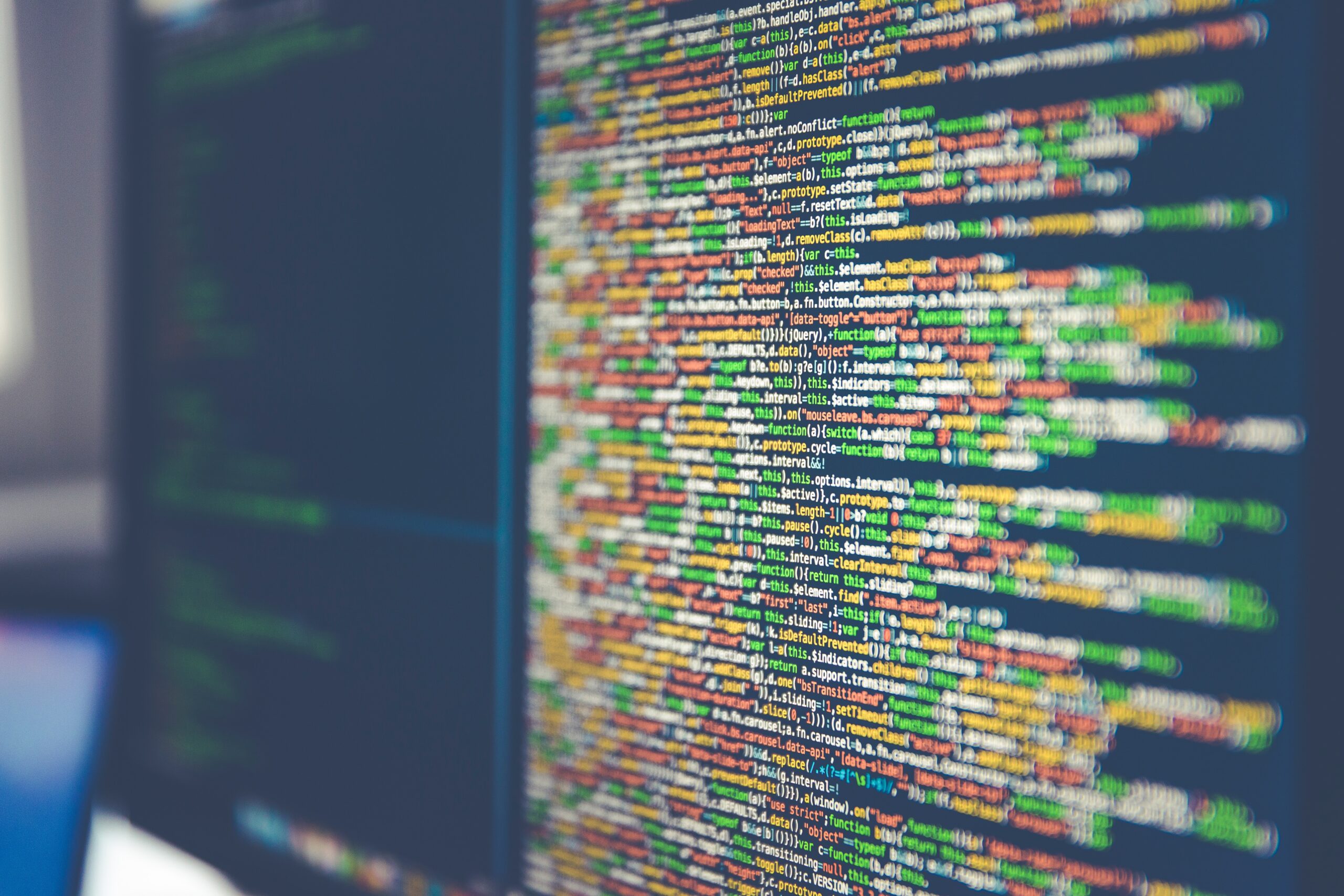The rapid advancement of artificial intelligence (AI) has revolutionized various industries, and healthcare is no exception. AI has the potential to transform the way patients are cared for and diagnosed, leading to improved outcomes and more efficient processes. This blog post will explore the profound impact of AI in healthcare and how it is reshaping patient care.
Enhanced Data Analysis and Predictive Analytics
One of the significant advantages of AI in healthcare is its ability to analyze vast amounts of patient data efficiently. AI algorithms can sift through electronic health records, medical images, and genomics data to identify patterns, predict outcomes, and provide personalized treatment recommendations. This enhanced data analysis not only saves time for healthcare professionals but also enables more accurate diagnoses and more targeted therapies.
Efficient and Accurate Diagnosis
AI-powered diagnostic tools have the potential to significantly improve the accuracy and speed of diagnoses. Machine learning algorithms can analyze medical images, such as MRIs or CT scans, to detect early signs of diseases or abnormalities that may go unnoticed by human eyes. This can lead to early intervention and better patient outcomes. Additionally, AI can assist in diagnosing rare conditions by comparing symptoms and medical histories with extensive databases, helping clinicians make more informed decisions.
Improved Patient Care and Monitoring
With AI, patient care can be taken to a new level. Virtual health assistants or chatbots powered by AI are becoming increasingly prevalent. These digital tools can provide patients with 24/7 access to vital healthcare information, medication reminders, and answer common questions. Furthermore, AI-based monitoring systems can continuously track patient vital signs, detect potential health issues, and alert healthcare providers when intervention or attention is needed. This real-time monitoring enables proactive intervention, reducing hospital readmissions and improving overall patient care.
Precision Medicine and Drug Discovery
AI is enabling the development of precision medicine by analyzing an individual’s genetic makeup and medical history to identify personalized treatment approaches. Machine learning algorithms can identify correlations between specific genetic variations and drug response, helping doctors predict which treatments are likely to be most effective for a particular patient. Additionally, AI is being used to expedite the drug discovery process by analyzing massive datasets and identifying potential candidate compounds. This holds immense promise in accelerating the development of breakthrough treatments for various diseases.
Conclusion
Artificial intelligence is revolutionizing healthcare by transforming patient care and diagnosis. From enhanced data analysis and predictive analytics to accurate diagnoses, improved patient care and monitoring, and precision medicine, AI is reshaping the healthcare industry. While AI cannot replace human healthcare professionals, it can assist them in making more informed decisions, leading to better patient outcomes and more efficient healthcare processes. The future of healthcare lies in harnessing the power of artificial intelligence to provide personalized, effective, and accessible care to all.

